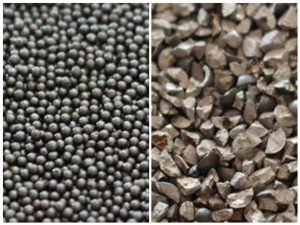
Steel Abrasives Market Update | November 2025
This November 2025 steel abrasives market update provides an objective view of the main price drivers and regional trends. It reviews international scrap and HRC movements, China’s scrap and electricity costs, energy and environmental policies, logistics and RMB exchange rates. The report also summarises demand by key end-use sectors and




